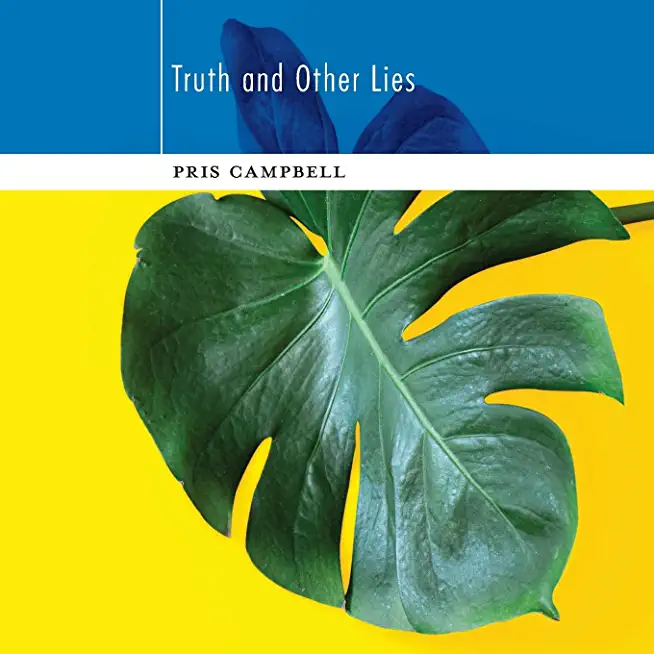
Chinese poetry is unique in world literature in that it was written for the better part of 3,000 years by exiles and refugees. Known as "the Golden Age of Poetry," the Tang Dynasty was a time when poems were bartered in the marketplace for wine and tea and posted in temples and taverns, the words of poets unmissable as street art and signage. Monks, courtiers, courtesans, woodsmen and farmhands were fluent in poetry. More than reading matter, it was a common currency--whether as a necessity or luxury in times of rampant warfare, droughts, famine, plague and man-made and natural disasters. "Chinese history can be read in the words of the poets. It was left for poetry to teach the least and the most," says the translator Wong May, "a literacy of the heart in a barbarous world." True to the spirit of classics, these poems from 1,200 years ago read like they were still being written somewhere in the world--to be read today, and tomorrow: "In dark times we read by the light of letters." In this anthology of the era's poetry, we meet Du Fu, Li Bai, Wang Wei and others less familiar to readers in English.
Wong May was born in China's wartime capital, Chongqing, in 1944. She was brought up in Singapore by her mother, a classical Chinese poet and studied English Literature at the University of Singapore with the poet D.J. Enright. From 1966 to 1968 she was at the Iowa Writers Workshop. Her fourth book of poems, Picasso's Tears: Poems, 1978-2013, was published by Octopus Poetry. Wong May currently lives in Dublin. She paints under the name Ittrium Coey, and has exhibited her work in Dublin and Grenoble.







